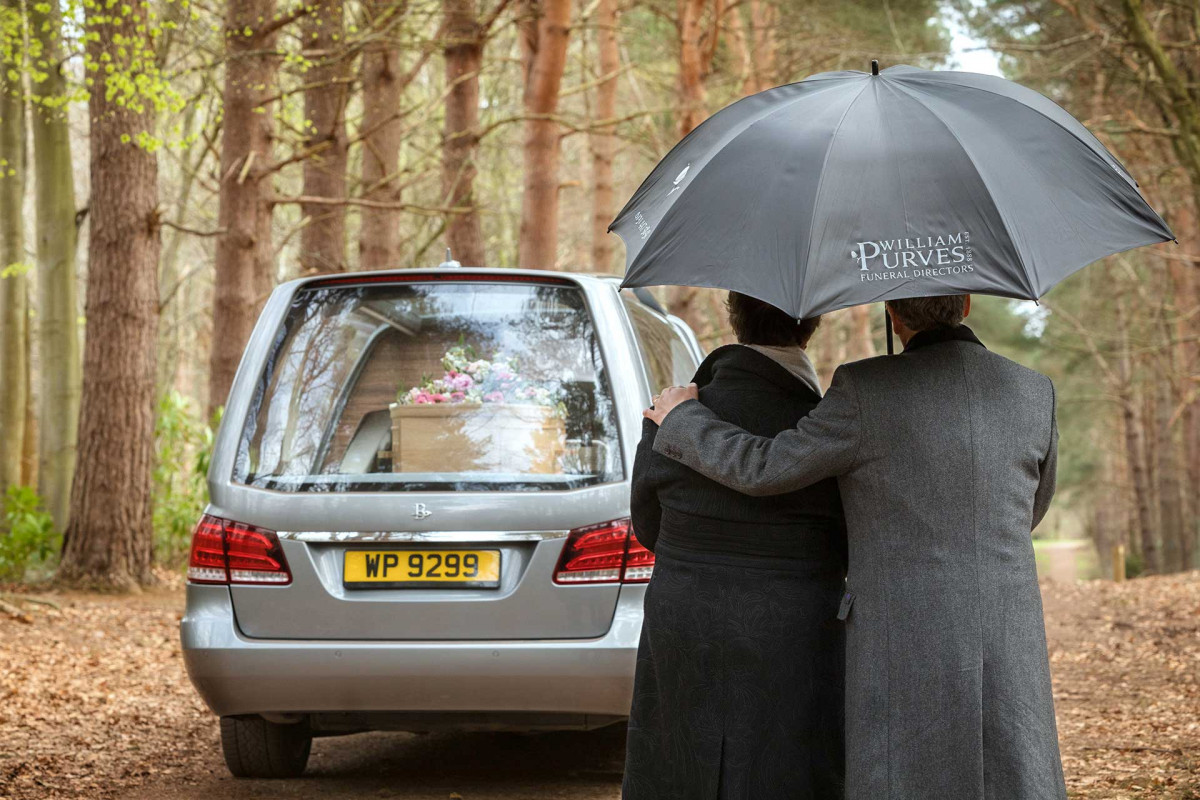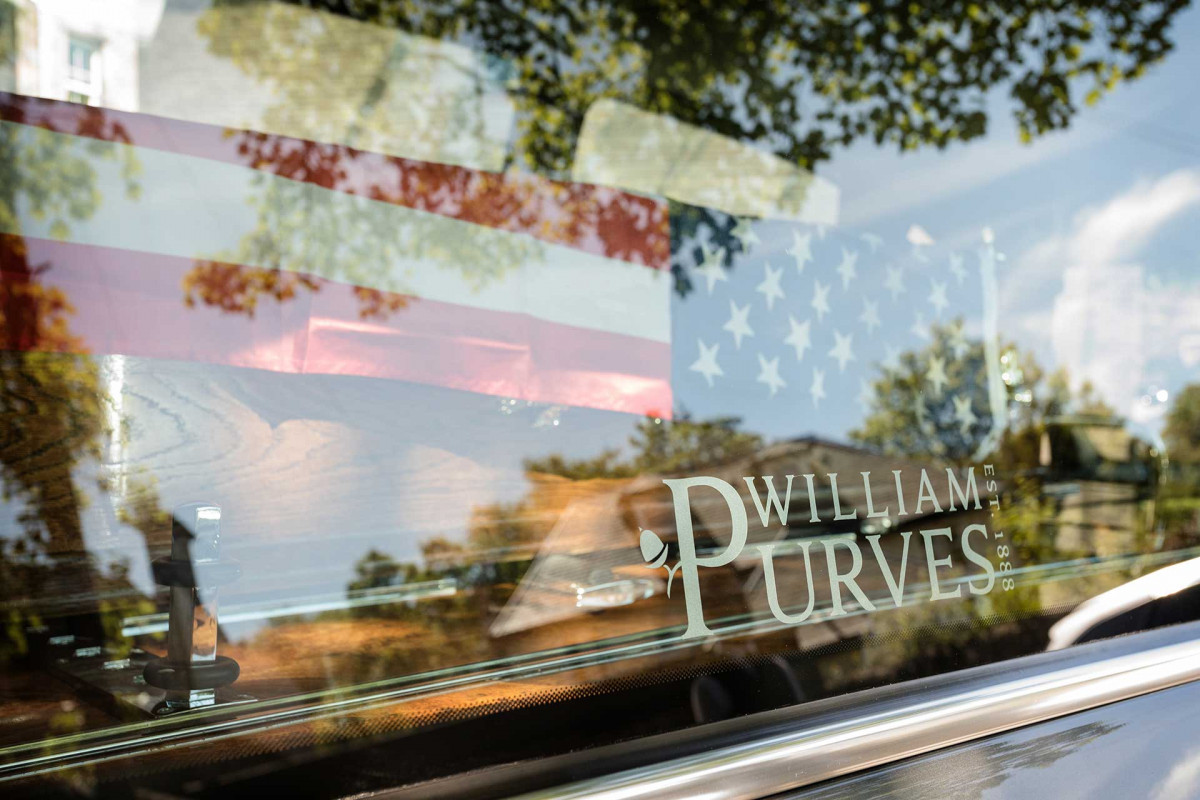What to do when someone dies
There is no right or wrong time to talkIf someone close to you has died, or is dying, please don’t feel you have to wait to call us. Arrangements can be made before – and also immediately after – death and finalised later. We are here to offer guidance and take away worry or doubt at any point. It’s never too early to talk.
Planning a funeral can take time. To help you and your family approach the many decisions needed to arrange a funeral, we’ve put together this simple guide for 2023 funerals. Your funeral director, and the wider resource behind the scenes, are here to support you throughout.

First steps
What Happens First?
Agreeing when to bring your loved one into our care, which will require your authorisation. Registration will also be an early consideration (see step 6 below).
Once in our care
It’s at this stage we can agree if embalming is required which will need your authorisation. We can arrange to collect clothing or personal effects and discuss viewing arrangements.
Saying goodbye
This is your time. You can take as long as you like and over as many days as you need. Viewings are private where your loved one will be dressed and laid out in their coffin. Mementos such as photographs, letters, personal effects or favourite items can also be left. It’s important you and your family have this time for farewells.
Type of Funeral
Respecting current restrictions, we will guide you to the right decision, influenced by your choice of:
-
 Burial, standard or unattended cremation
Burial, standard or unattended cremation
-
 New or existing grave
New or existing grave
-
 Location: church, cemetery, woodland burial site which may depend on availability of space
Location: church, cemetery, woodland burial site which may depend on availability of space
-
 Tone of funeral eg. upbeat, themed, or no-fuss
Tone of funeral eg. upbeat, themed, or no-fuss
-
 Style of funeral eg. traditional or contemporary
Style of funeral eg. traditional or contemporary
-
 Personalisation
Personalisation
-
 Faith or non-faith
Faith or non-faith
-
 Choice of coffin or ashes storage
Choice of coffin or ashes storage
The Service
-
 Officiant and other contributors
Officiant and other contributors
-
 Live streaming or recording
Live streaming or recording
-
 Music
Music
-
 Flowers
Flowers
-
 Family transport and routes
Family transport and routes
-
 Order of Service sheets and digital presentations
Order of Service sheets and digital presentations
-
 Notifying people
Notifying people
-
 Donations
Donations
-
 Wake or celebration
Wake or celebration
-
 Memorials and headstones
Memorials and headstones
-
 Final resting place for ashes
Final resting place for ashes
-
 Special requests
Special requests
Once decisions are made, we’ll give you a written estimate. On approval a deposit is taken and the balance will be invoiced after the funeral. A full list of our funeral fees and typical third party costs is available here
Registration
The medical authorities will send an electronic death certificate to the Registrar of Births, Deaths and Marriages who will then contact you for further information including:
-
 Full name, gender, date and country of birth
Full name, gender, date and country of birth
-
 Occupation: current or previous
Occupation: current or previous
-
 Address and postcode
Address and postcode
-
 Parental names and occupations
Parental names and occupations
-
 Marital status with partner(s) name, date of birth and occupation
Marital status with partner(s) name, date of birth and occupation
Funeral arrangements can begin before a death is registered but the funeral will only go ahead once this is complete.
Covid-19 Specific Considerations
Across the UK there is no requirement to wear face coverings or apply social distancing measures.
Personal preferences will continue to be respected.





